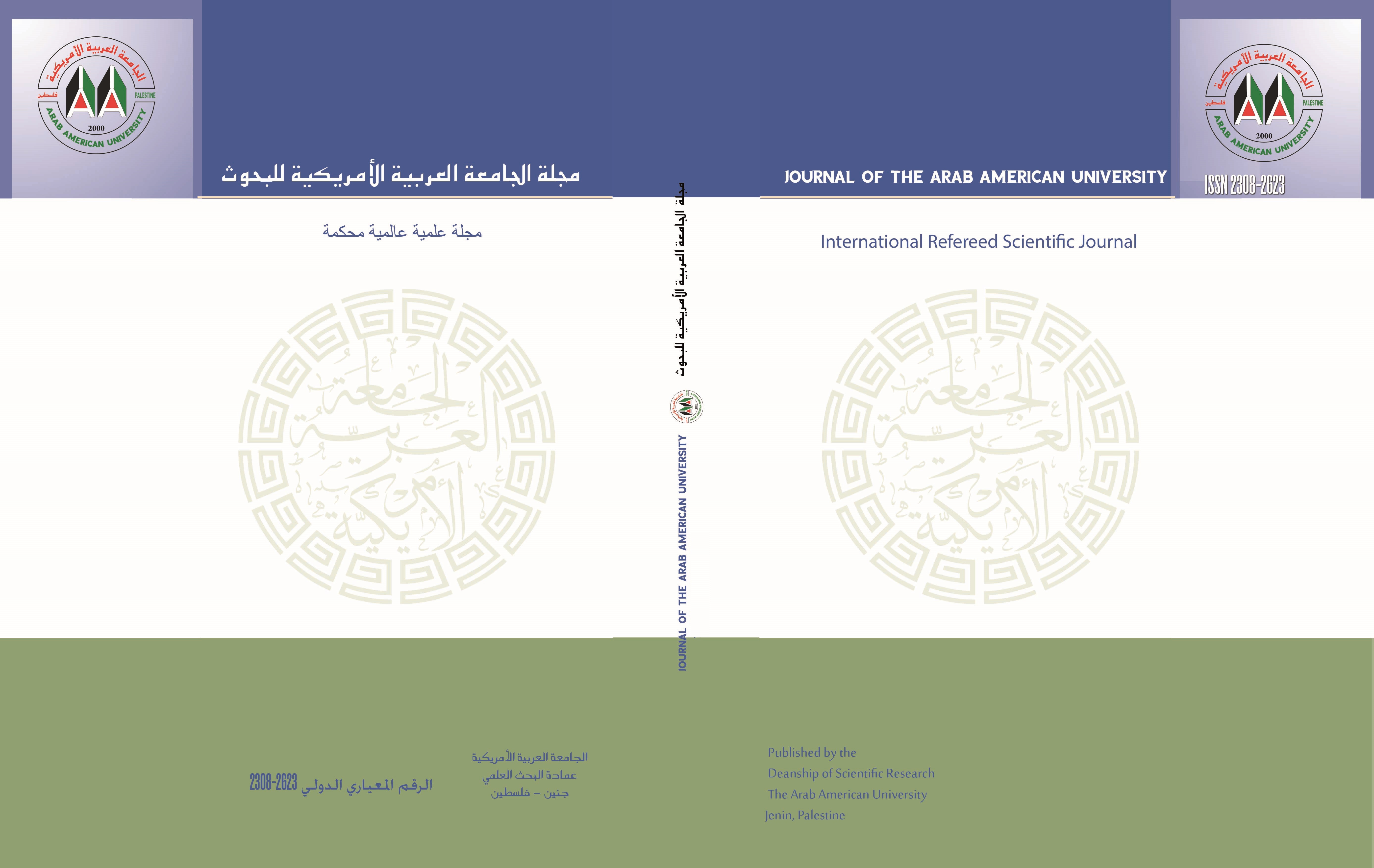Journal of the Arab American University مجلة الجامعة العربية الامريكية للبحوث

Abstract
The paper studied the relationship between the authority of cultural reference - as an expressive and artistic value – and the authority of the ego and their influence on the formation of the poetic discourse. Generally speaking, most of the Arab poetry represented the values of the group and consequently was subjected to its authority and rules. Therefore, it was impossible to get detached from the group’s authority, or else you will be regarded as rebellious. That values and cultural conflicts had two approaches: The positive conflict was imposed as a result of the cultural transformations like the conflict between the old and the new. The other was the conflict
between two cultures which was separated from the group’s values and its artistic and intellectual systems. This type of conflict had been evident and conspicuous during the pre-Islamic era and the following eras because of the new generation and life full of new unfamiliar values. Therefore, the poetic discourse in these eras rebelled against the prevailing culture and the traditional artistic and aesthetic values.
Recommended Citation
Sha’aban, Laila
(2024)
"The dialectic relationship between the ancient poetic discourse and the authority of cultural reference (DOXA) until the end of the Abbasid era (Selected poems),"
Journal of the Arab American University مجلة الجامعة العربية الامريكية للبحوث: Vol. 10:
Iss.
1, Article 1.
Available at:
https://digitalcommons.aaru.edu.jo/aaup/vol10/iss1/1

